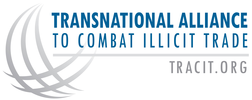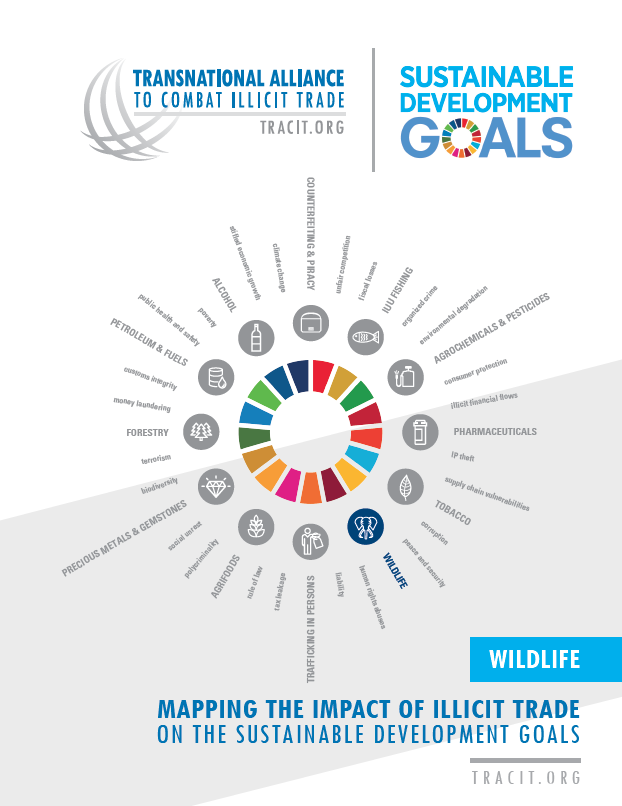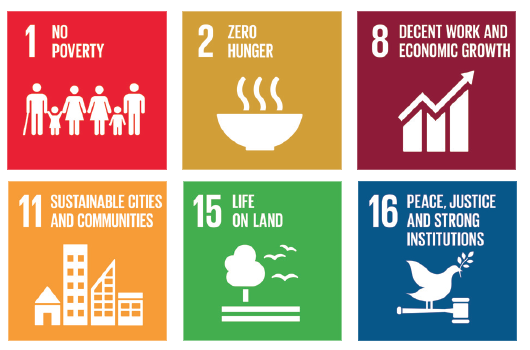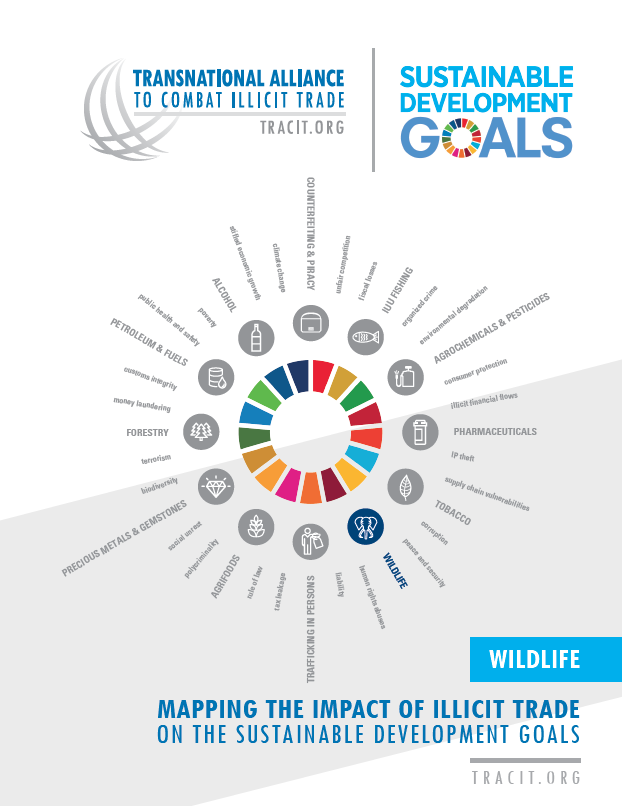Illicit Trade in Wildlife

Illicit trade in wildlife is a serious threat to local ecosystems and the survival of endangered and vulnerable species. In 2014, 1,215 rhinos were killed for their horns by poachers in South Africa (Department of Environmental Affairs of the Government of South Africa, 2015), and between 2010 and 2012, an estimated 100,000 elephants were killed by poachers for their ivory (Wittemyer et al., 2014). There may be as few as 5,574 wild tigers left in the world (Global Tiger Forum, 2023) - and the illegal trade is one of the biggest threats to their survival. Between 2000 and 2013, the parts of at least 1,537 tigers were seized in Asia (WWF, 2015).
In addition to the serious environmental impact of the illicit trade in wildlife, it is a global criminal industry and one of the most lucrative forms of illicit international trade. Profits for individuals or groups related to wildlife crimes, such as trade in rhino horns, can be higher than those generated from trafficking in diamonds and cocaine (WWF, 2012). The illicit trade in wildlife directly affects legitimate business, chiefly by contributing to reduce - at fast speed and in a non-sustainable manner - the amount of wildlife available for economic exploitation. Illicit trade in wildlife may also affect the growing wildlife-based tourism industry due to excessive poaching and natural destruction. TRAFFIC, a leading NGO working to protect wildlife globally, reported that panelists gathering in Berlin on the occasion of the world’s largest tourism fair “concurred that record poaching levels of rhinos and elephants are not only threatening the basis of tourism but also tourism-based development options in Africa” (TRAFFIC, 2014). Featured report
|
Learn how illicit trade in wildlife impacts the achievement of the UN Sustainable Development Goals
From smuggling, counterfeiting and tax evasion, to the illegal sale or possession of goods, services, humans and wildlife, illicit trade is compromising the attainment of the UN SDGs in significant ways, crowding out legitimate economic activity, depriving governments of revenues for investment in vital public services, dislocating millions of legitimate jobs and causing irreversible damage to ecosystems and human lives.
The TRACIT report Mapping the Impact of Illicit Trade on the Sustainable Development Goals investigates illicit trade in 12 key sectors that participate significantly in international trade and are most vulnerable to illicit trade. For each sector, the negative impacts of illicit trade are mapped against the 17 UN SDGs. The full report is available here. Read the chapter: SDGs and illicit trade in wildlife [The illicit trade in wildlife] drives corruption and insecurity, and undermines efforts to cut poverty and promote sustainable development. |




